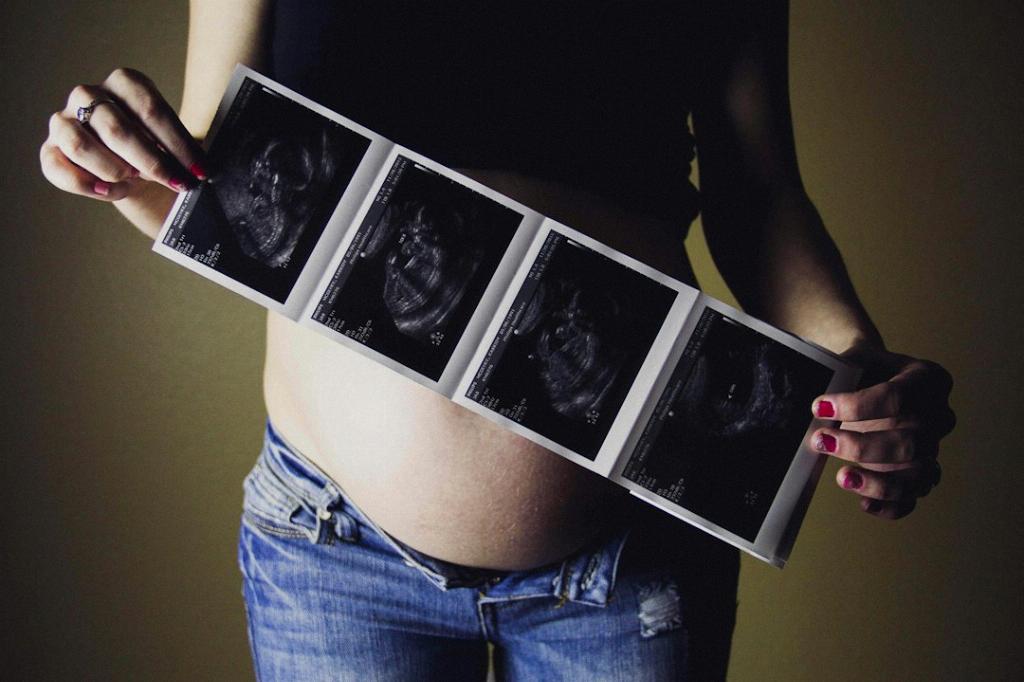As a woman progresses through her pregnancy journey, she may notice significant emotional shifts during the second trimester. This period, spanning from week 13 to week 27 of pregnancy, is characterized by a variety of hormonal changes that can impact mood and emotions.
The Role of Hormones in Emotional Regulation
Hormones play a crucial role in regulating emotions, and during the second trimester of pregnancy, fluctuations in hormone levels can lead to heightened emotional responses. The increased production of progesterone and estrogen can influence neurotransmitters in the brain, affecting mood and emotional stability.
Physical Changes and Emotional Well-being
Aside from hormonal changes, the physical transformations that occur during the second trimester can also contribute to emotional ups and downs. As the body adjusts to accommodate the growing baby, discomfort, fatigue, and body image concerns may arise, impacting a woman’s emotional state.
Expectations and Reality
Expectations about pregnancy and motherhood can also play a significant role in emotional well-being during the second trimester. As the reality of impending parenthood sets in, feelings of excitement, anxiety, and uncertainty are common.
Relationship Dynamics
The changing dynamics in relationships, both with a partner and with family and friends, can evoke a range of emotions during the second trimester. Communication challenges, concerns about the future, and shifting roles within relationships may contribute to emotional sensitivity.
Stress and Coping Mechanisms
Stress, whether related to pregnancy or external factors, can exacerbate emotional responses during the second trimester. Developing effective coping mechanisms, such as relaxation techniques, exercise, and seeking support, is essential for maintaining emotional well-being.
Self-awareness and Acceptance
Practicing self-awareness and self-acceptance can help women navigate the emotional rollercoaster of the second trimester. Acknowledging and honoring one’s feelings, seeking professional help if needed, and engaging in self-care activities are crucial steps in managing emotions.
Importance of Communication
Open communication with healthcare providers, partners, and loved ones is vital during the second trimester. Expressing concerns, fears, and emotions can foster understanding and support, improving overall emotional well-being.
Preparing for Parenthood
The transition to parenthood is a significant life event that can evoke a multitude of emotions. During the second trimester, preparing for the arrival of a baby, making plans, and envisioning the future can trigger emotional responses as the reality of parenthood sinks in.
Embracing Emotional Vulnerability
Embracing emotional vulnerability during the second trimester is a courageous act that can lead to personal growth and deeper connections with oneself and others. Allowing oneself to experience and process emotions authentically is essential for emotional well-being.
Seeking Support and Validation
Seeking support from healthcare professionals, support groups, and loved ones can provide validation and reassurance during the emotionally turbulent second trimester. Knowing that one is not alone in experiencing such emotions can offer comfort and perspective.
Embracing the Journey
Embracing the emotional journey of the second trimester, with all its twists and turns, is an important part of the pregnancy experience. By accepting and honoring one’s emotions, women can navigate this transformative period with resilience and grace.

